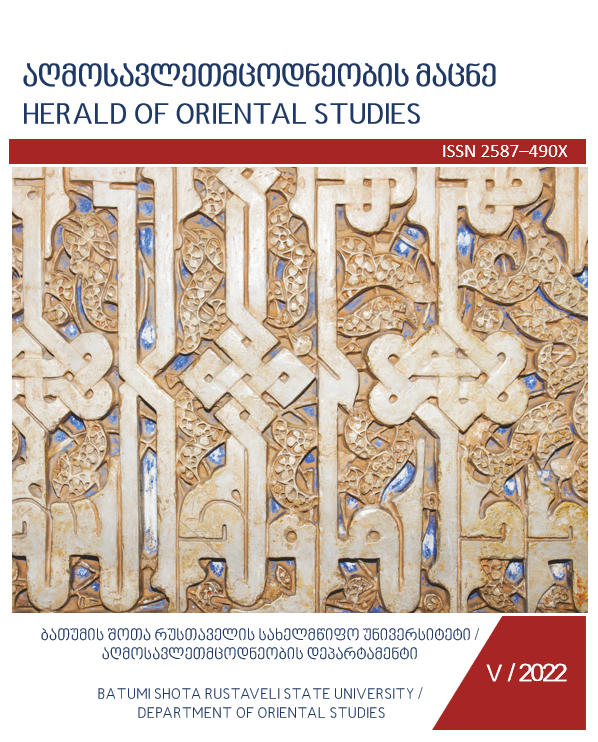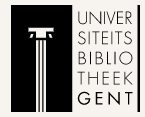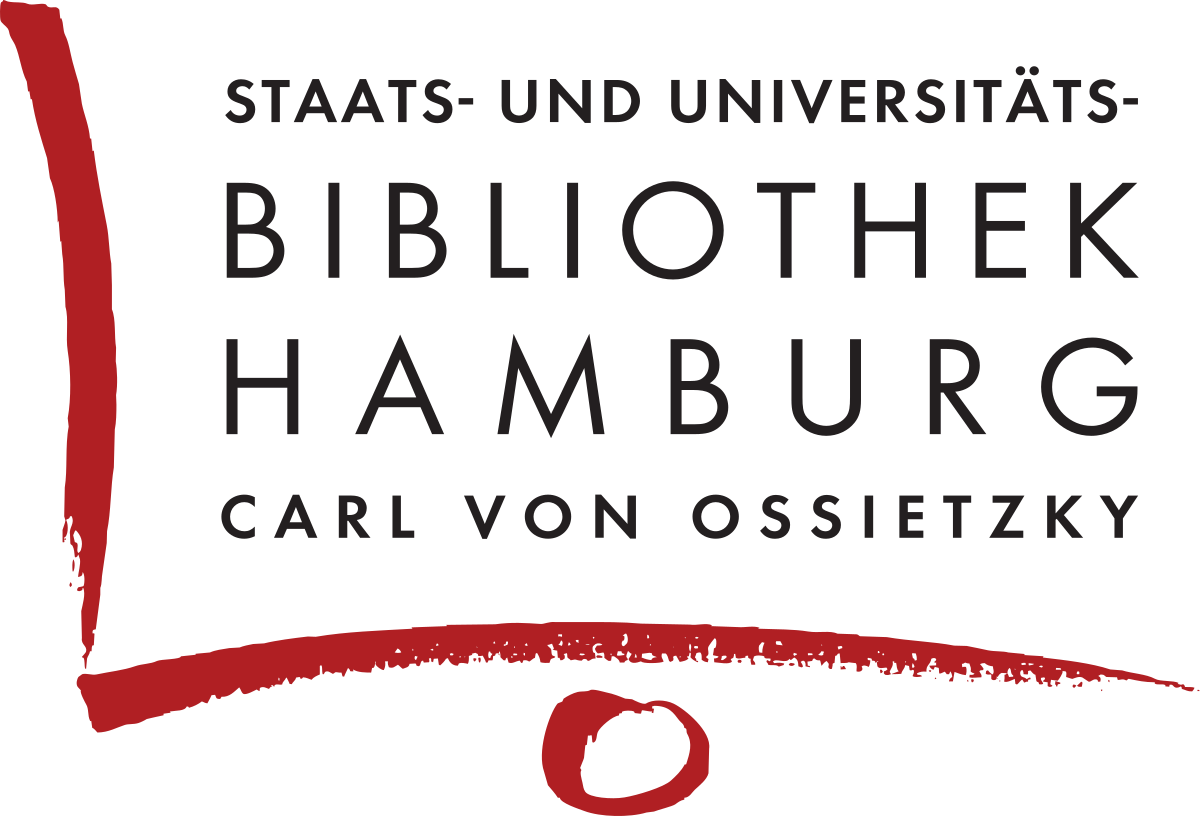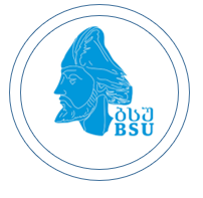Philip the Good, Feast of the Pheasant and the Failed Plan to Launch a Crusade to Retake Constantinople
DOI:
https://doi.org/10.61671/hos.5.2022.4069Keywords:
Philip the Good, Feast of the Pheasant, Crusades, Anti-Ottoman Alliance, Mehmed II, Order of the Golden FleeceAbstract
The definition of the Crusades have experienced a change since the crusades of the holy land 1095-1291. The very interpretation of what the crusades were never changed in principle, a holy alliance of the European Christianity against the Saracen of the east. Nevertheless, there is a significant gap between the Crusades and the Anti-Ottoman Alliance. It has become obvious that the crusades have been used as an umbrella term even for the post-1291 campaigns against the Muslim states.
As Constantinople fell, the European powers remained in awe. 1453 not only saw the fall of the Eastern Roman Empire but the end of the Hundred Years’ War. With Europe fresh out of a conflict of their own, not many were keen on living up to their Crusading past. A new enemy was on the horizon, the Ottoman. Mehmed Fatih had proven to Europe that he was no mere conquering Muslim like those that Europe had previously faced. Mostly all in Europe feared confrontation with the new Kayser-i Rum. All but one, Philip the Good, Duke of Burgundy. A Valois of tremendous power and influence found himself at the helm lobbying a campaign against the Conqueror Sultan and retake Constantinople and even Jerusalem.
Only weeks after the fall of Constantinople, Philip the Good hosted a feast in his favored castle Lille, attended by some hundred lords and high army officials, out of which many were members of Philips’ own Order, the Order of the Golden Fleece. The feast came to be known as the “Feast of the Pheasant” and marks the beginning of Philips arduous quest to unite Europe against a common enemy.
Philips’ quest was riddled with disappointments however. Not only did he receive direct threats from Mehmed II upon hearing of Philip’s plan to retake Constantinople, but his closest allies who initially lent their words that they would join or facilitate Philip’s cause, either pulled out or died.
In the end, Philip died never amounting to a Crusade against the Ottomans. He died pleasing to god that he could forgive him for his inability to carry out his holy mission. Nevertheless, although he died never going into a battle against the Ottoman, his plan played a role in transforming the Crusades into an Anti-Ottoman Alliance, which many know, began the new epoch of European-Ottoman wars.
Downloads
Downloads
Published
How to Cite
Issue
Section
License

This work is licensed under a Creative Commons Attribution-ShareAlike 4.0 International License.


































